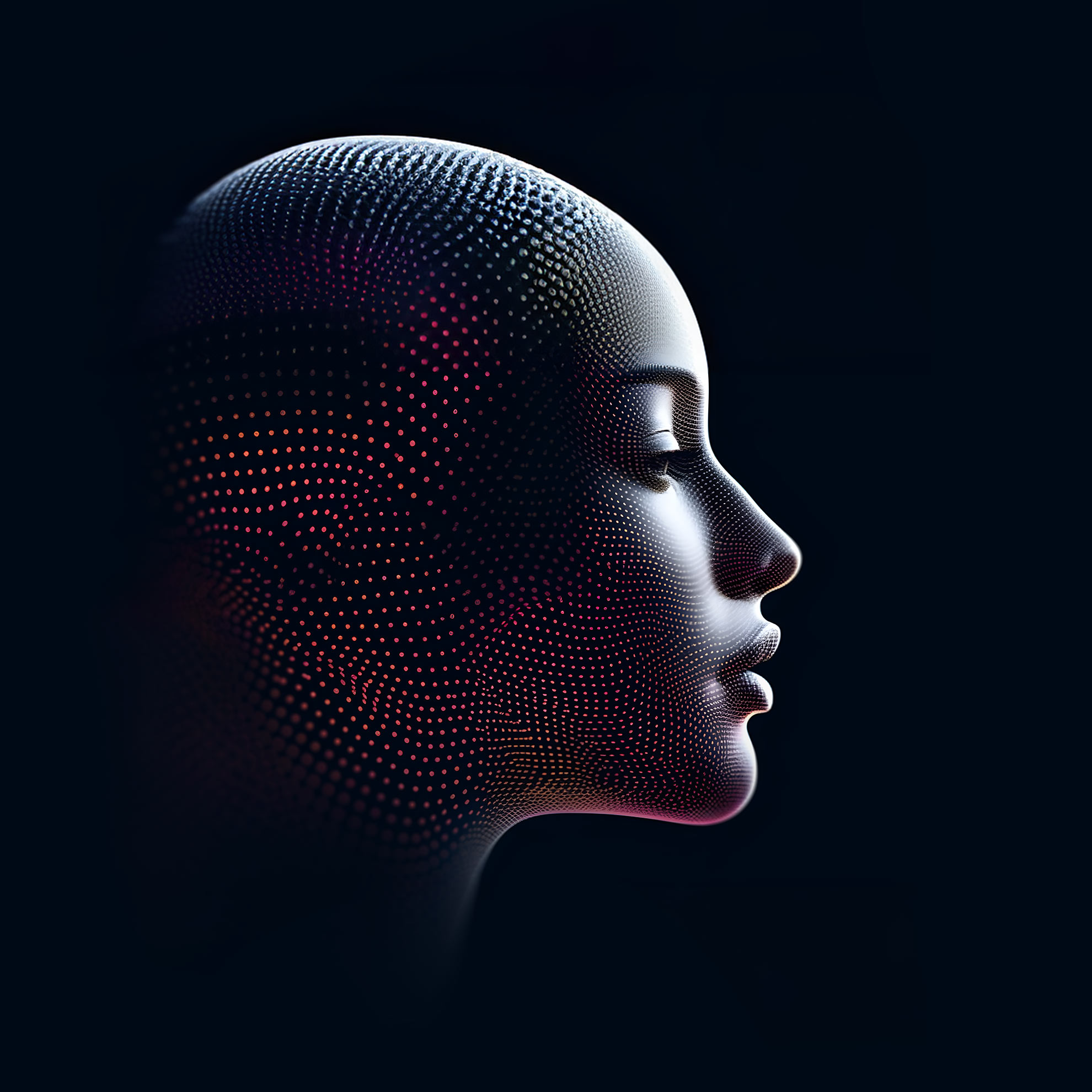Artwork Source: Zenartix
Artwork Source: Zenartix
How AI Marketing Tools Are Changing the Advertising Game.
If there’s one industry that’s undergone a meteoric transformation in recent years, it’s advertising. Gone are the days when companies used to create print ads, employ slogans and just hope for the best. In the 21st century, advertising has to be smart, sophisticated, and swift. This is where AI-powered marketing tools come in.
From predictive analytics to chatbots and personalized ads, brands are now leveraging the power of AI to make smarter decisions and reach their target audiences more effectively. This article will explore how AI marketing tools, including those provided by an advertisement agency, are changing the game of advertising and what the future might hold for this evolving industry.
Definition of AI marketing tools
AI marketing tools refer to computer programs that use artificial intelligence to assist marketers in creating, executing, and tracking campaigns. These tools are designed to analyze large amounts of data and provide insights and predictions that can optimize marketing strategies. AI marketing tools can help with tasks such as identifying target audiences, creating personalized content, and testing different campaign variations to determine which one is the most effective. These tools use advanced algorithms and machine learning to track and analyze customer behavior, enabling marketers to develop campaigns that are more personalized and engaging. Overall, AI marketing tools offer a range of benefits for marketers seeking to optimize their advertising campaigns, and are poised to be a major game-changer in the field of advertising.
The benefits of AI marketing tools for advertising
AI marketing tools offer several benefits for advertising campaigns, including:
- Personalized marketing: AI can analyze user data to understand consumer behavior, purchase history, and preferences, allowing advertisers to create personalized targeted ads for specific demographics.
- Better ROI: By analyzing data and feedback from campaigns, AI can predict the effectiveness of different advertising strategies and adjust campaigns accordingly, leading to higher returns on investment.
- Increased efficiency: AI can automate the process of analyzing data, optimizing campaigns, and creating personalized ads, saving advertisers time and resources.
- Improved audience targeting: AI can analyze user interactions on websites and social media platforms to identify potential customers, making it easier to target specific audiences.
- Enhanced customer engagement: AI-powered chatbots and virtual assistants can provide 24/7 customer service and support, improving customer engagement and satisfaction.
- Competitive advantage: Companies that embrace AI marketing tools are likely to gain a competitive edge over those that don’t, as they can capitalize on the benefits of using advanced technology to target and engage consumers.
Overall, AI marketing tools are changing the way companies advertise, making it more personalized, efficient, and effective. By leveraging the power of AI, advertisers can gain valuable insights into consumer behavior and preferences, create targeted campaigns, and improve engagement with customers.
Case studies of successful AI marketing campaigns
Case studies of successful AI marketing campaigns provide evidence of the effectiveness of AI marketing tools in advertising. It showcases real examples of companies that have leveraged AI technology to improve their marketing efforts and achieve significant results. These case studies are valuable for businesses that are considering incorporating AI into their marketing strategy, as they can provide ideas and inspiration for how to use AI effectively. Some key points to consider in case studies of successful AI marketing campaigns include:
- The specific AI tools or technologies used in the campaign
- The campaign goals and objectives
- Details on how the AI tools were used to achieve those goals (e.g., audience segmentation, personalized messaging, etc.)
- Metrics that were used to measure the success of the campaign (e.g., engagement rates, conversions, ROI, etc.)
- Any challenges or obstacles that were faced during the campaign, and how they were overcome
- Lessons learned and key takeaways for other businesses looking to incorporate AI into their marketing strategy
By analyzing successful AI marketing campaigns, businesses can gain a better understanding of how AI can be used to improve their own advertising efforts and drive better results.
The potential risks and challenges of using AI in advertising
While AI marketing tools are changing the ad game by bringing about greater efficiency and accuracy, there are also potential risks and challenges that come with their use. One potential risk is the potential for AI systems to make mistakes or misinterpret data, leading to inaccurate advertising campaigns. This can be a result of biased or incomplete data, as well as errors in the algorithms that the AI systems use to make decisions. Additionally, there is the possibility of these tools being used unethically, for instance in ways that violate consumer privacy by collecting data without consent or by utilizing personal data without proper consent. Another challenge is the potential for overreliance on AI, leading to a lack of human input and creativity. As AI systems increasingly become central to advertising, there is a risk that humans become complacent, leading to the stagnation of innovation within the industry. Furthermore, there is also a challenge when it comes to the ethical use of AI in advertising. As these tools become more effective in predicting and manipulating consumer behavior, there are concerns about the potential misuse of this technology for unethical purposes such as social engineering or propaganda. In conclusion, while AI marketing tools are undoubtedly changing the face of advertising, it is essential to be aware of the potential risks and challenges that their use can bring about. By doing so, we can ensure that the industry remains innovative and responsible in its use of this transformative technology.
The future of advertising with AI marketing
The future of advertising with AI marketing looks exciting and promising. With the increasing use of AI in advertising, businesses can enhance their marketing campaigns and provide a more personalized experience for customers. AI marketing tools can analyze large amounts of customer data and provide valuable insights that can improve targeting, messaging, and overall campaign performance. Some of the emerging AI marketing tools include chatbots, voice assistants, and recommendation engines. These tools can provide customers with real-time assistance, personalized recommendations, and a seamless shopping experience. Additionally, AI-powered content creation tools can generate high-quality content at a fraction of the time and cost of traditional methods. However, as with any technological advancement, there are potential risks and challenges to consider. AI marketing tools must be used ethically, transparently, and with customer privacy in mind. The unintended consequences of using AI in advertising, such as perpetuating biases or delivering deceiving content, must also be monitored and addressed. Overall, the future of advertising with AI marketing is bright. AI can help businesses innovate their marketing strategies, create better customer experiences, and achieve their goals more efficiently. As AI technology continues to evolve and become more accessible, more businesses can benefit from its advantages and provide better value to their customers.
Summary
Artificial intelligence (AI) is transforming the marketing industry by offering new, automated tools for businesses to maximize their advertising strategies. These tools can analyze huge amounts of data in real time, allowing advertisers to target the right audiences with the right message, at the right time and place. AI technologies, such as machine learning and natural language processing, are becoming more sophisticated, enabling marketers to personalize their ads and create better customerexperiences. AI-powered chatbots and virtual assistants are also revolutionizing the way companies interact with consumers, providing instant responses to their queries and gathering valuable insights into their needs and preferences. As AI continues to advance, it will fundamentally change the advertising landscape, allowing businesses to stay competitive and deliver more effective campaigns.







